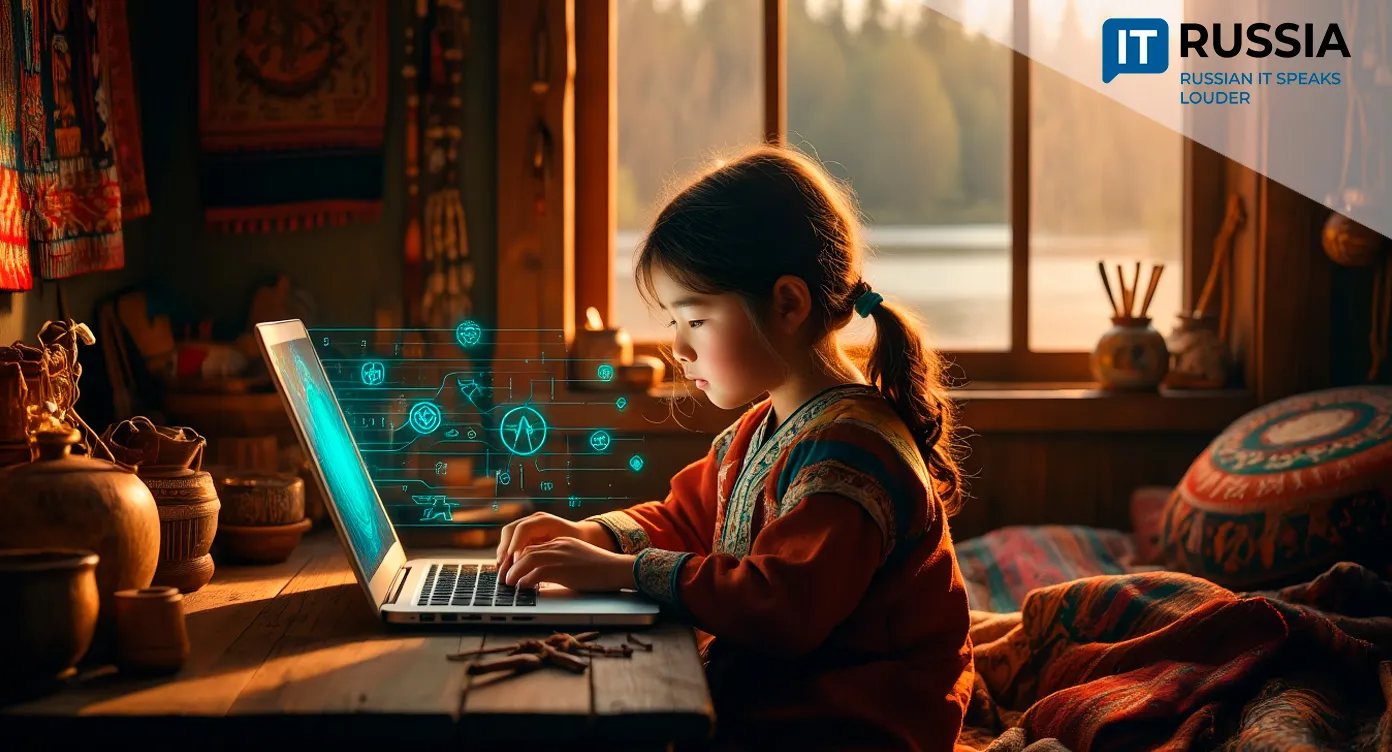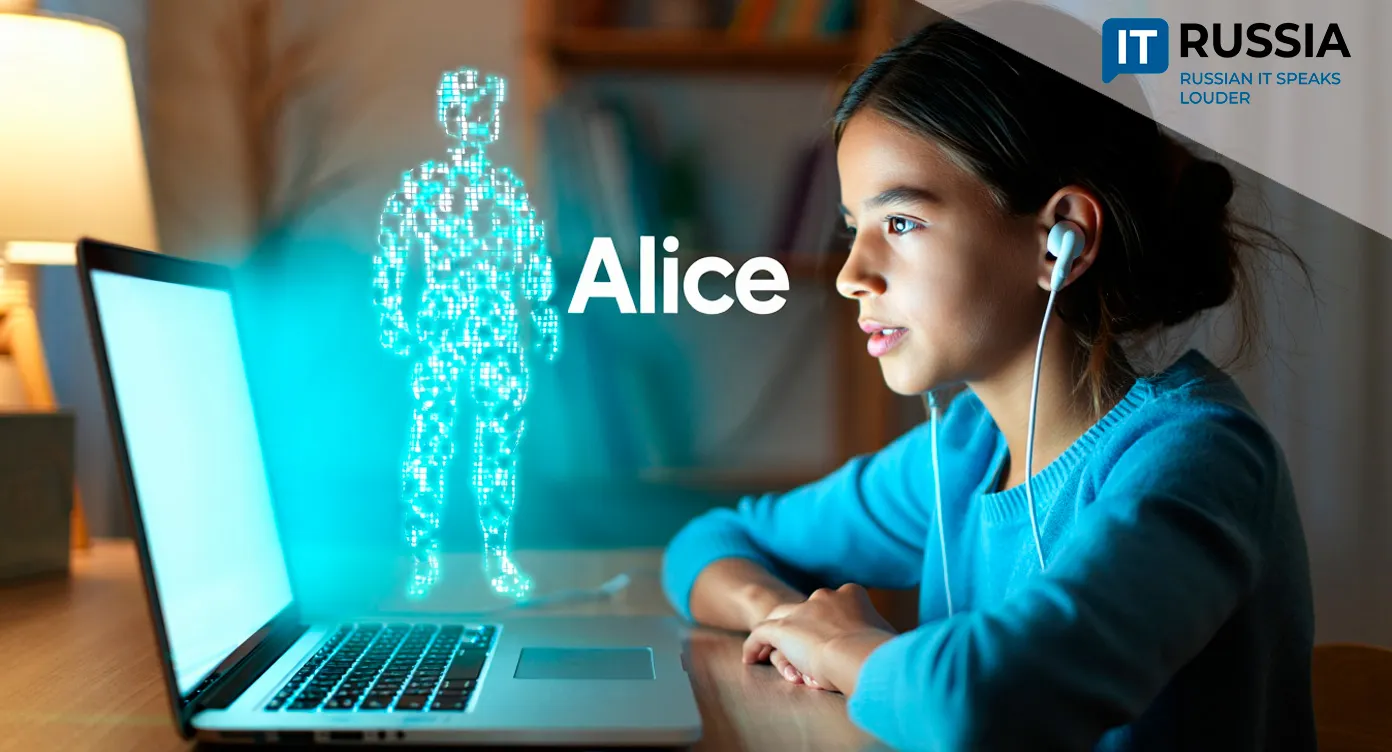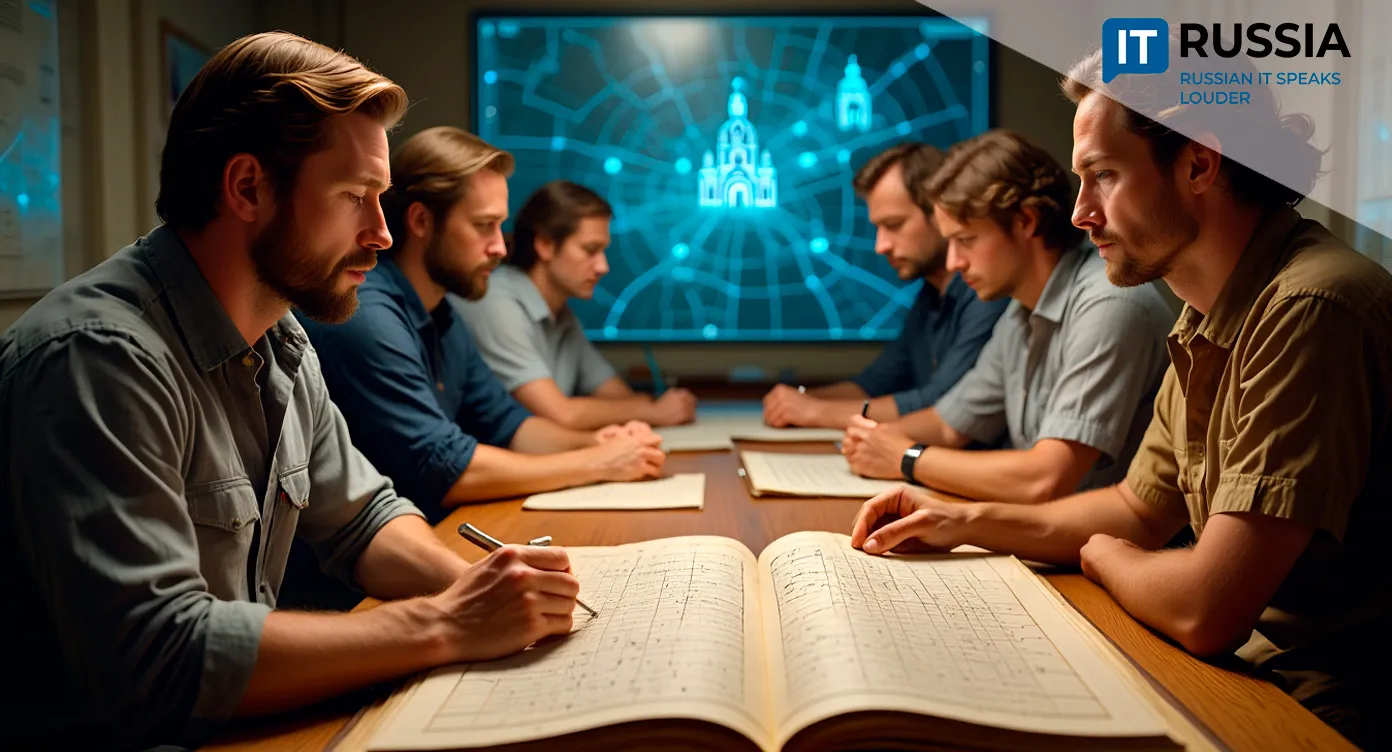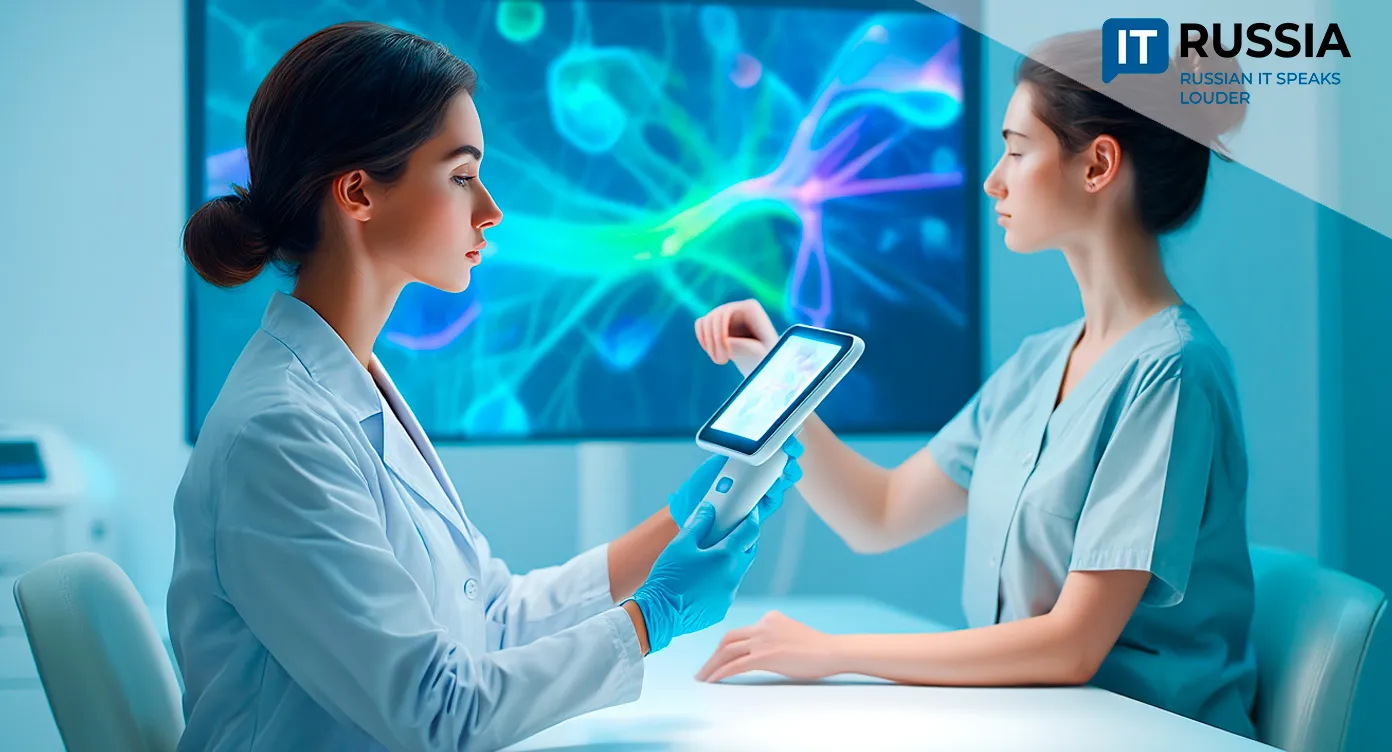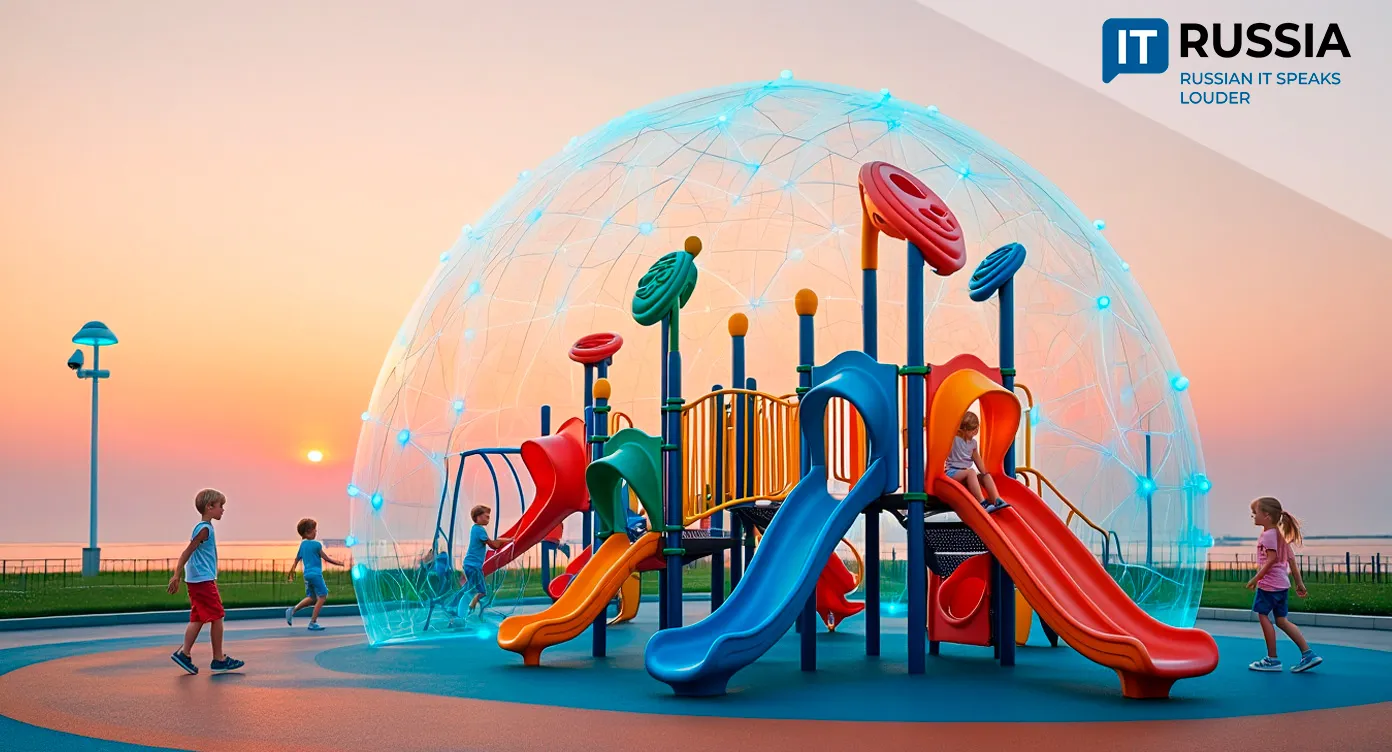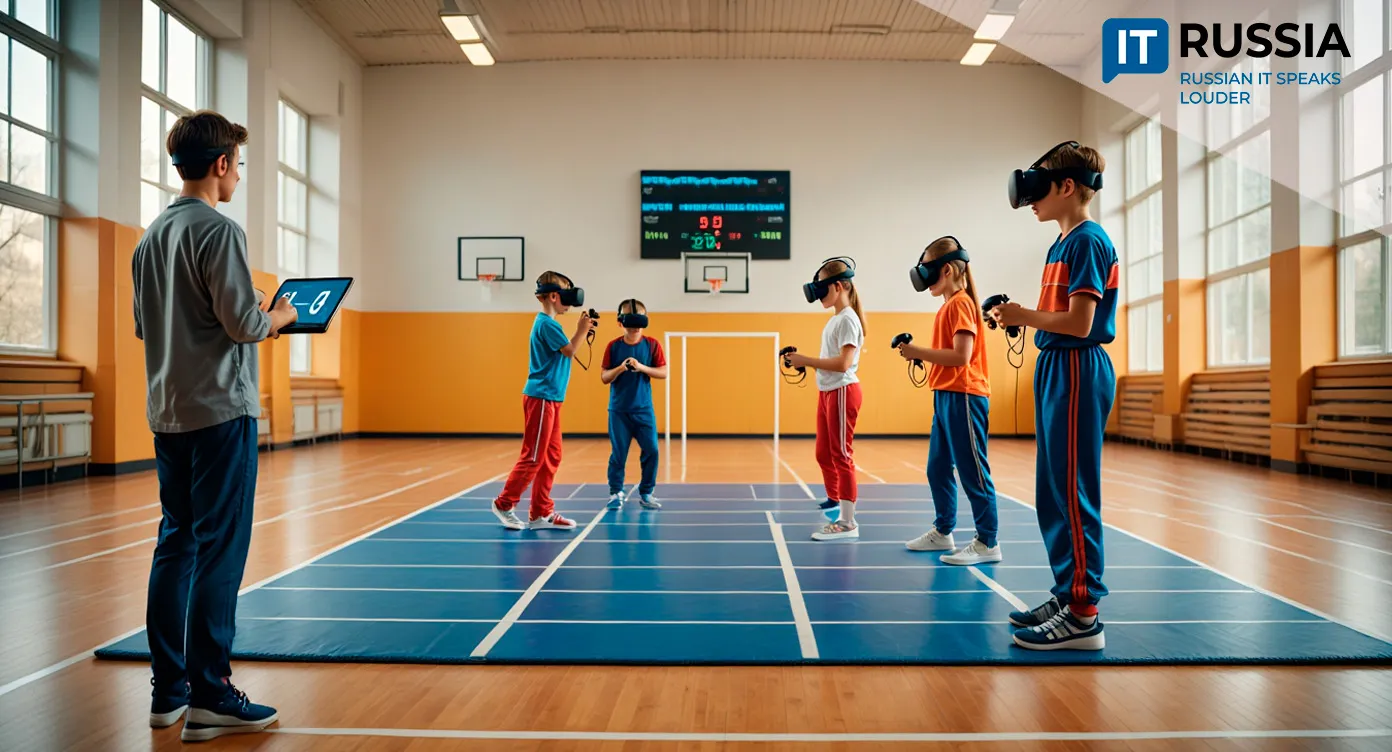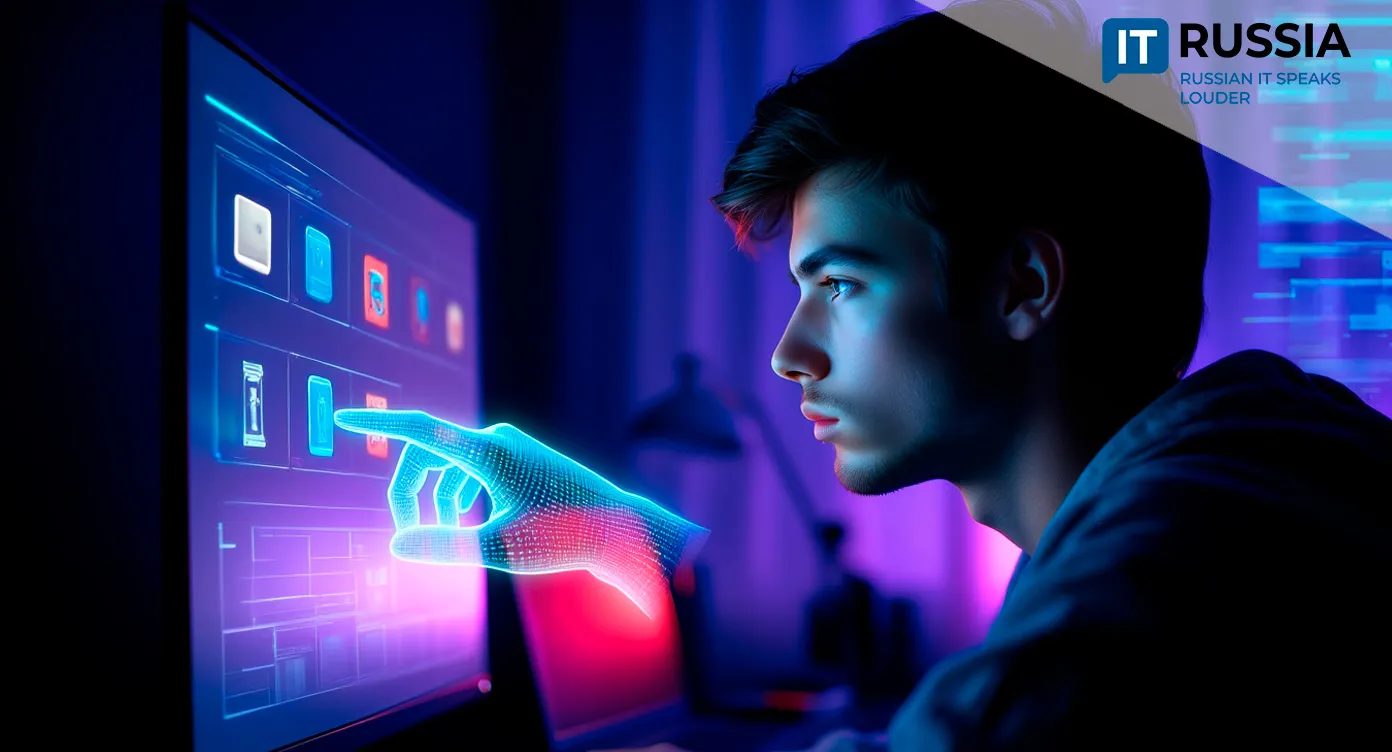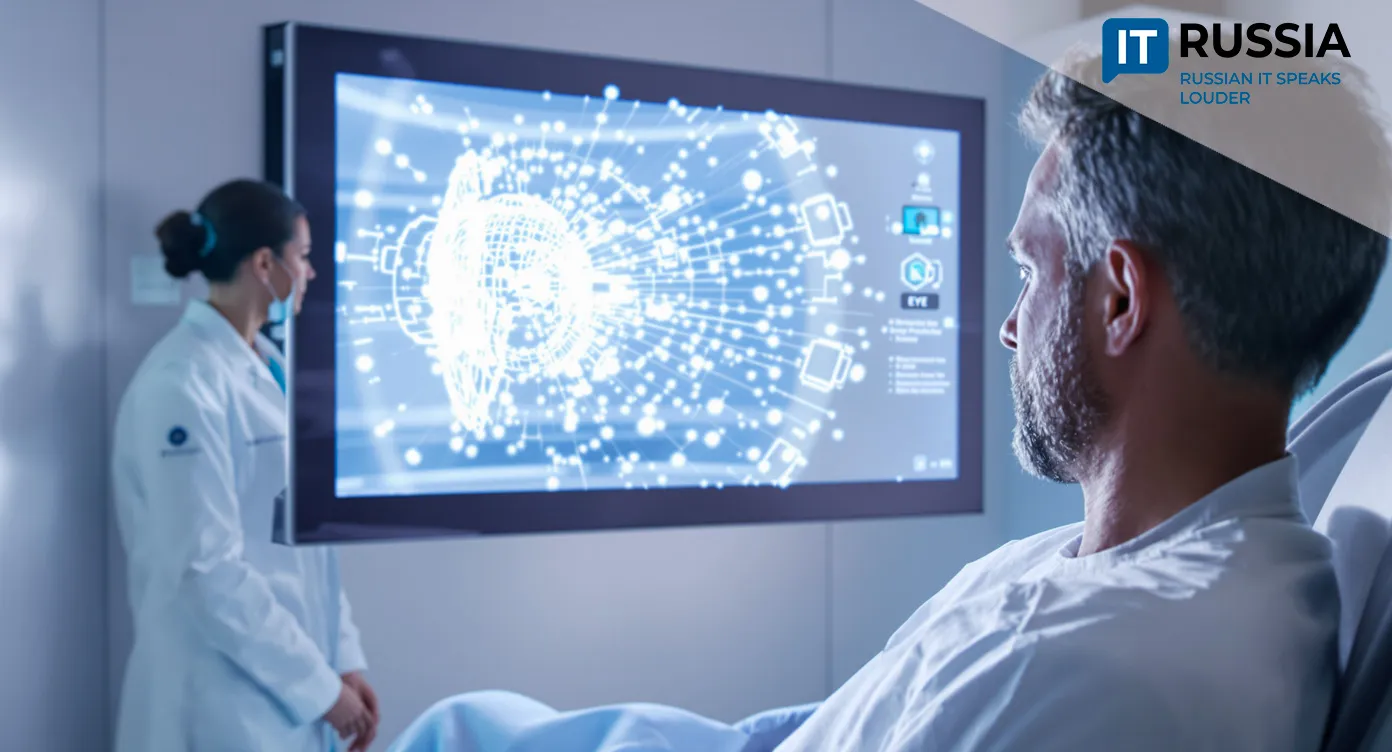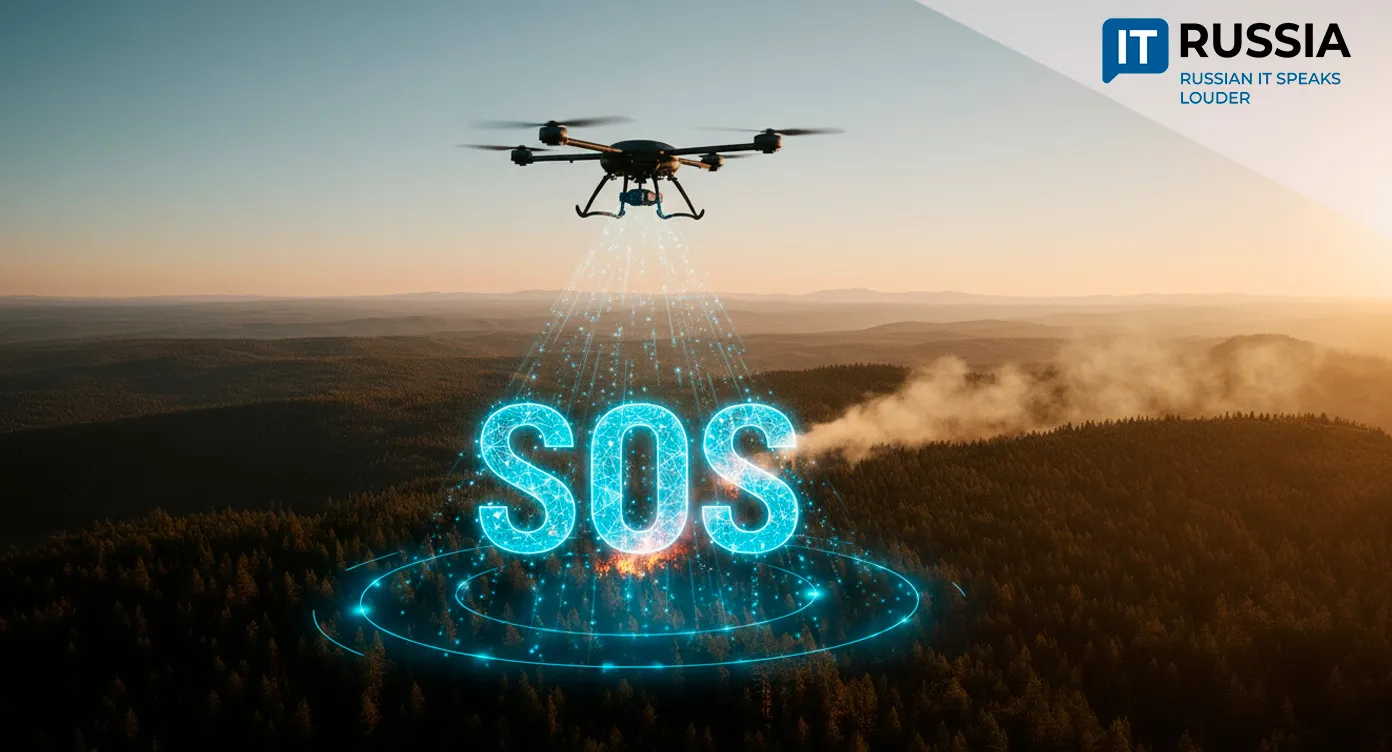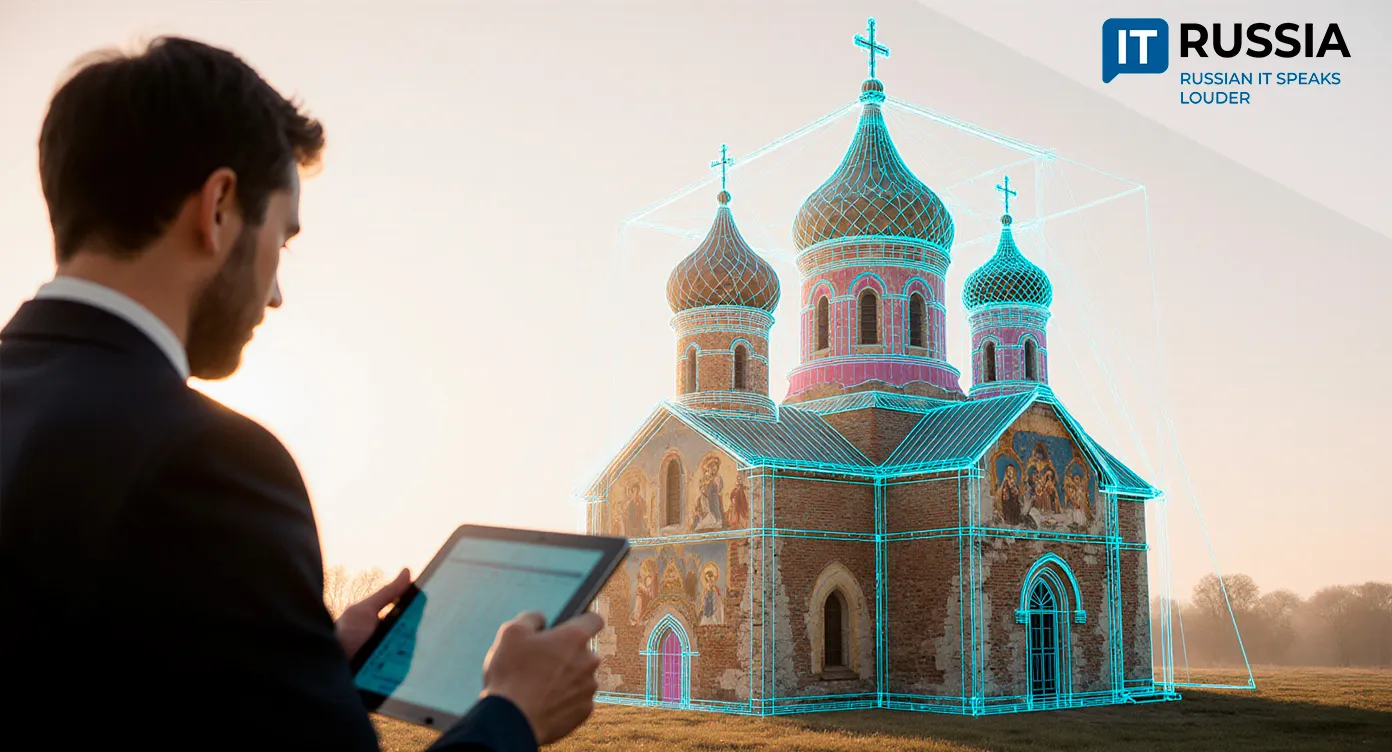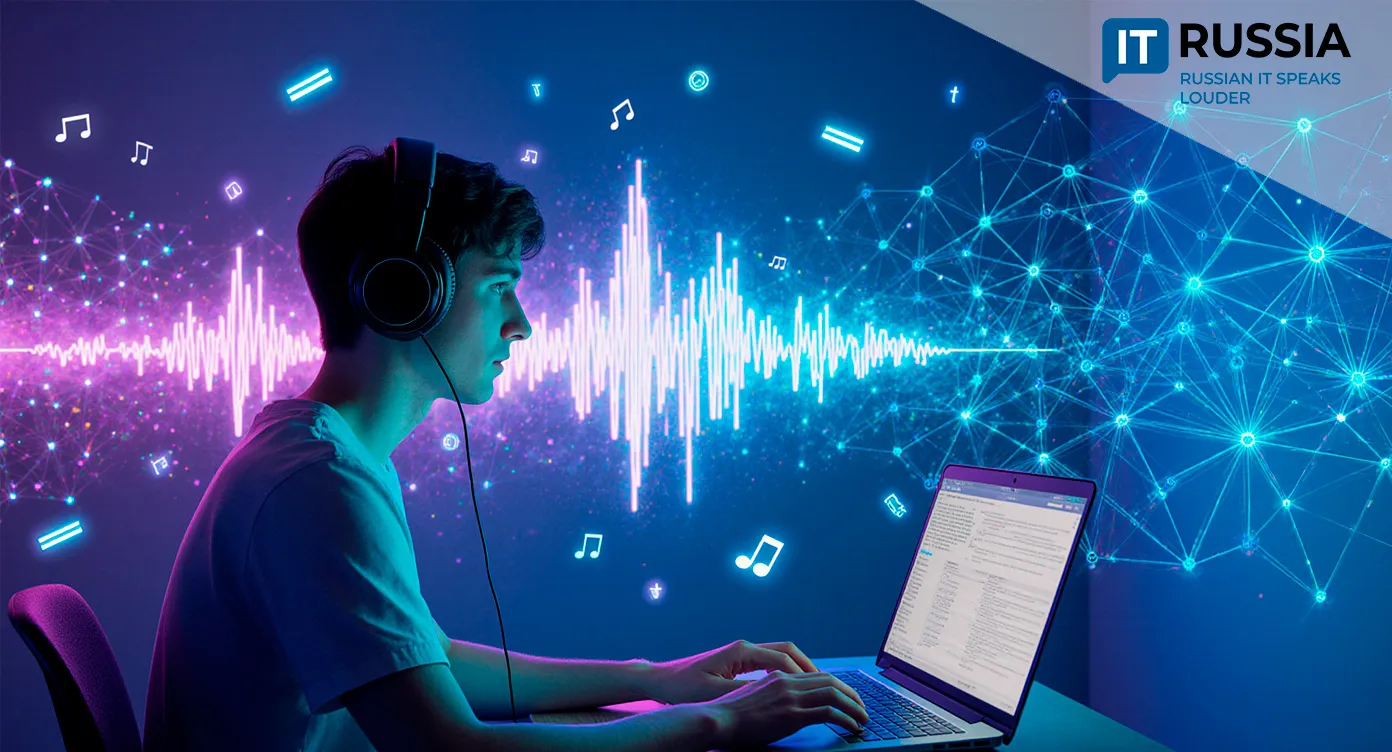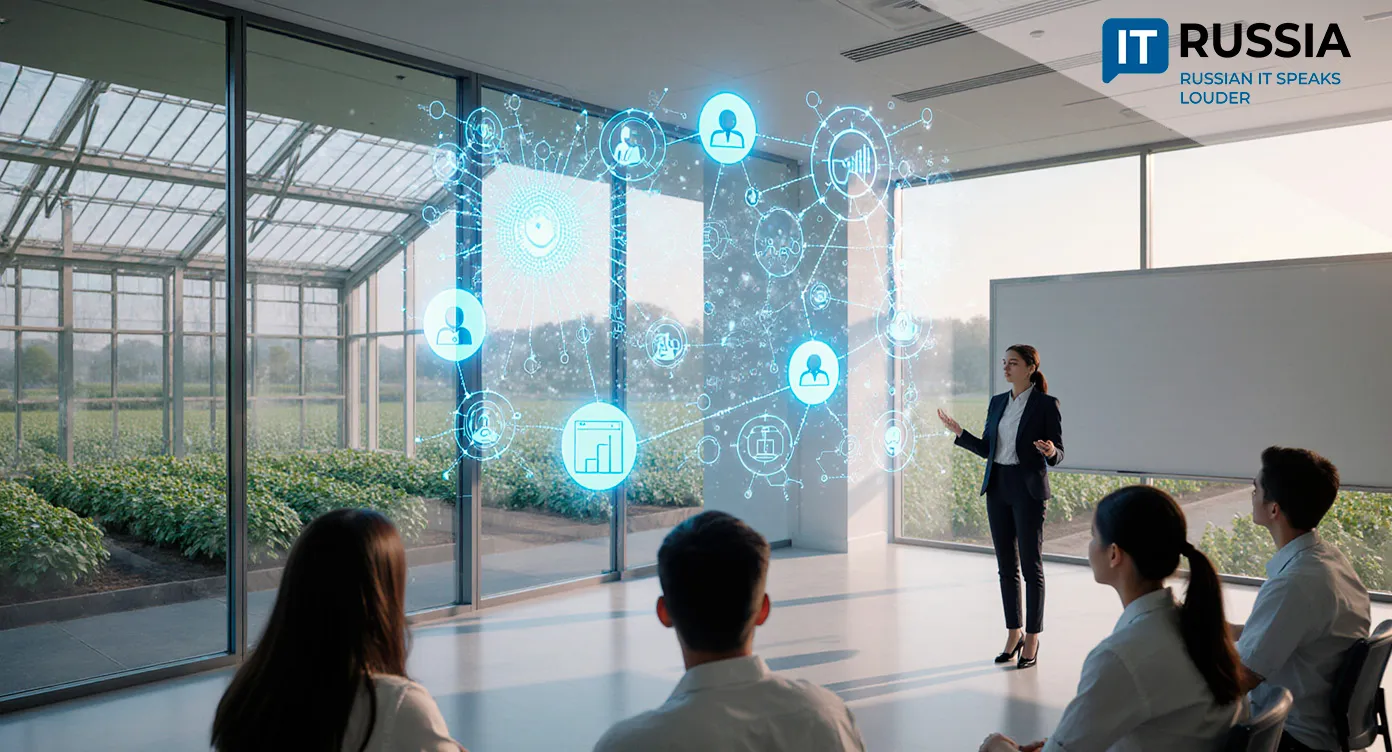Through the Looking Glass: Podolsk Students Build a VR Lab of the Future
A group of high school students from Podolsk, Russia, have created a virtual reality laboratory that brings physics and laser technology to life. Their project combines curiosity, scientific rigor, and immersive learning — a glimpse into how VR could redefine STEM education in schools worldwide.
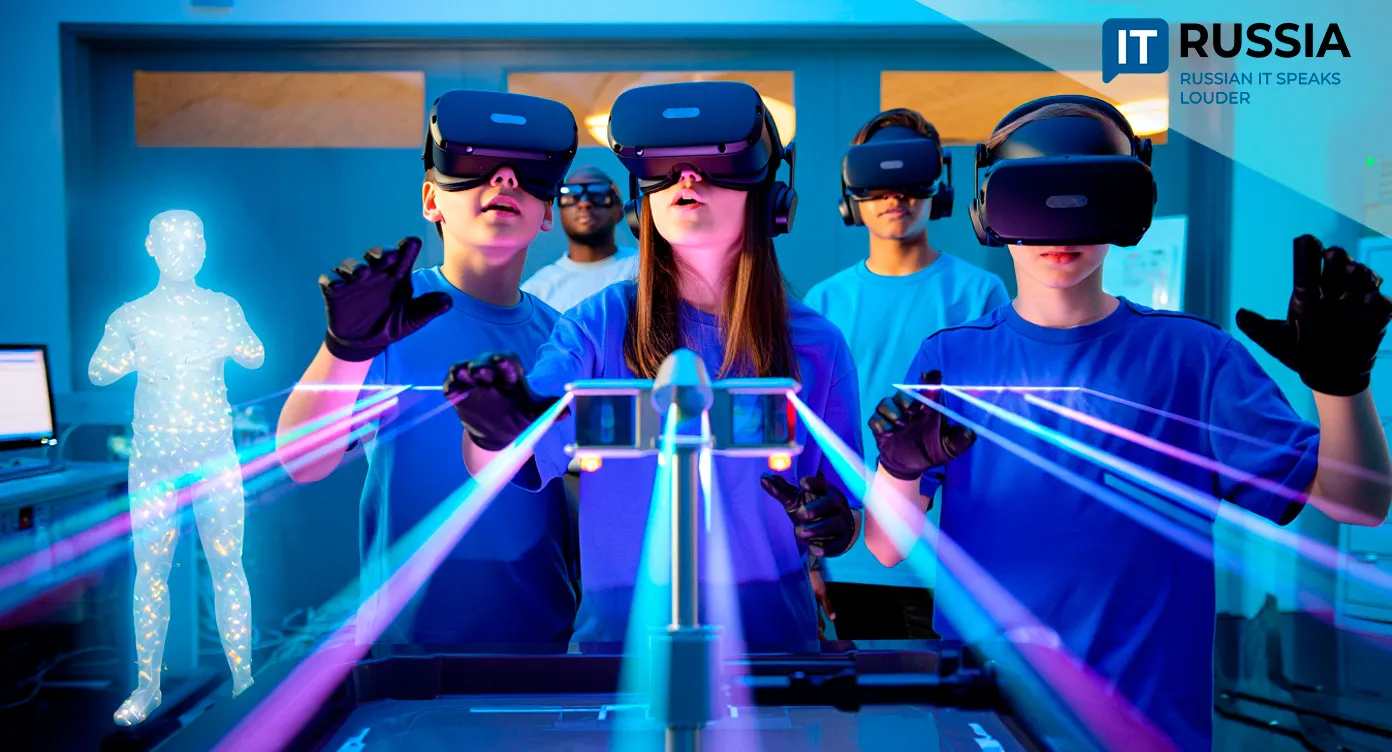
Five Innovators, One Vision
In Podolsk, a small city near Moscow, a remarkable educational breakthrough took place. Five students from the IT-Cube Digital Education Center, based at the Podolsk Cadet Gymnasium, worked with scientists from the Research Institute and Production Association ‘Luch’ to design a fully functional virtual reality lab simulating the operation of a laser scanner — a complex instrument that manipulates laser beams through mirrors.
This is far more than a student project. It’s a scalable model of how science, technology, and creative experimentation can merge within modern education. For local schools, it’s a milestone in hands-on STEM learning. For the Moscow region, it marks the formation of a sustainable digital education ecosystem. And for Russia, it’s an investment in the next generation of engineers and IT innovators crucial for technological sovereignty.
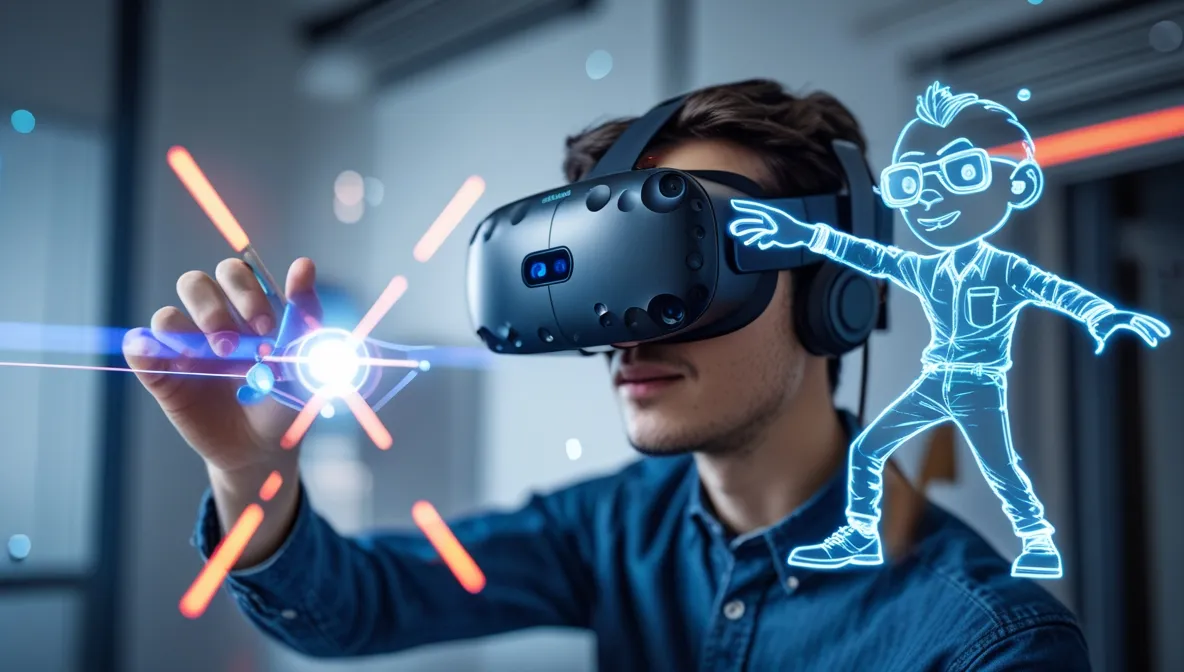
Meet Luchik — the Virtual Guide
Inside the virtual lab, users can operate the laser, mirrors, and scanner themselves. Their guide is Luchik, a friendly digital character who walks students through the physics behind the experiments.
This approach turns abstract science into something interactive, fostering systems thinking and problem-solving skills. Instead of memorizing formulas, students experiment — and learn by doing. By the end of October, the team plans to complete the first stage of the project and present it at the nationwide competition ‘Virtual Marker on the Map of Russia.’
In the coming years, the initiative is expected to expand — with more topics, participants, and collaborations involving universities and tech companies. Over time, VR labs like this could become a standard part of regional education programs and potentially serve as a foundation for a national platform for immersive STEM learning.
From Chemistry Labs to Space Missions
The Podolsk initiative builds on a rapidly growing network of STEM and digital education projects across Russia. Programs such as IT-Cube centers, Quantorium technology parks, and the national project ‘Education’ have introduced VR and AR technologies into schools at an unprecedented pace.
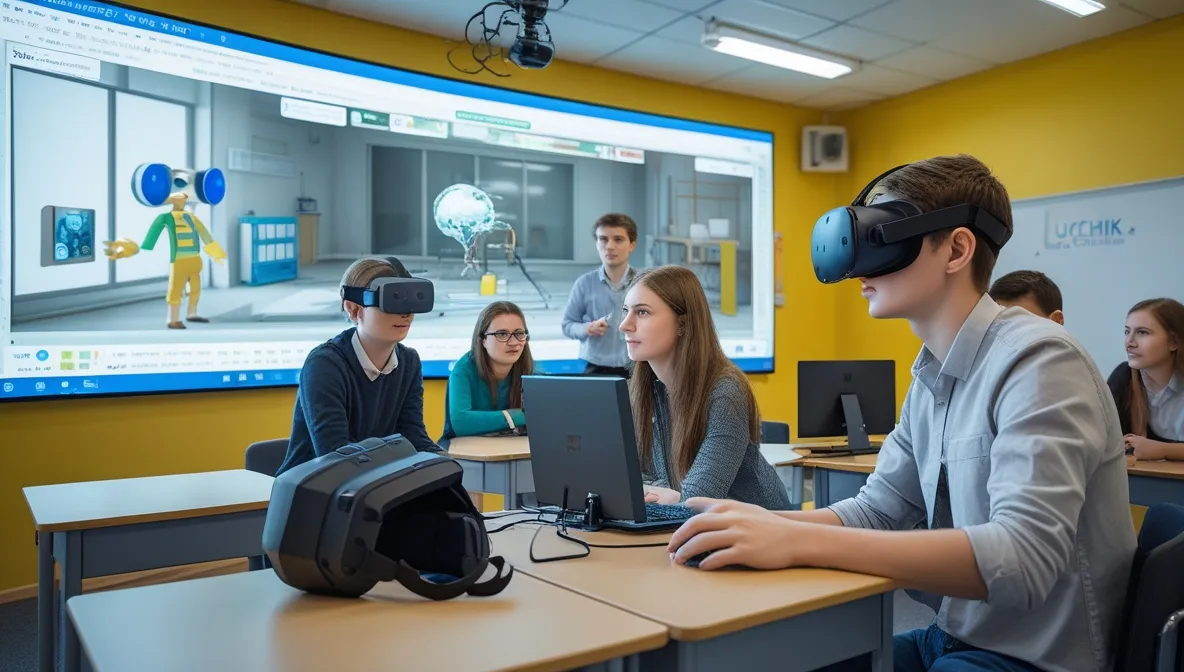
In these centers, students explore robotics, laser technologies, and 3D modeling using curricula developed by leading Russian technical universities, including MIPT, Bauman Moscow State Technical University, and NAMI.
Between 2023 and 2025, the use of VR/AR in schools has surged — from chemistry simulations to virtual spaceflight missions. What makes the Podolsk project unique is its deep integration with real scientific research. Collaboration with the Luch Institute adds credibility, aligning the project with industrial-grade technology. Similar programs thrive in countries like the U.S., South Korea, and Finland, where VR-based science modeling is already part of mainstream education. But Russia’s experience shows strong export potential: student-created VR modules and teaching frameworks could be adapted for the global EdTech market.
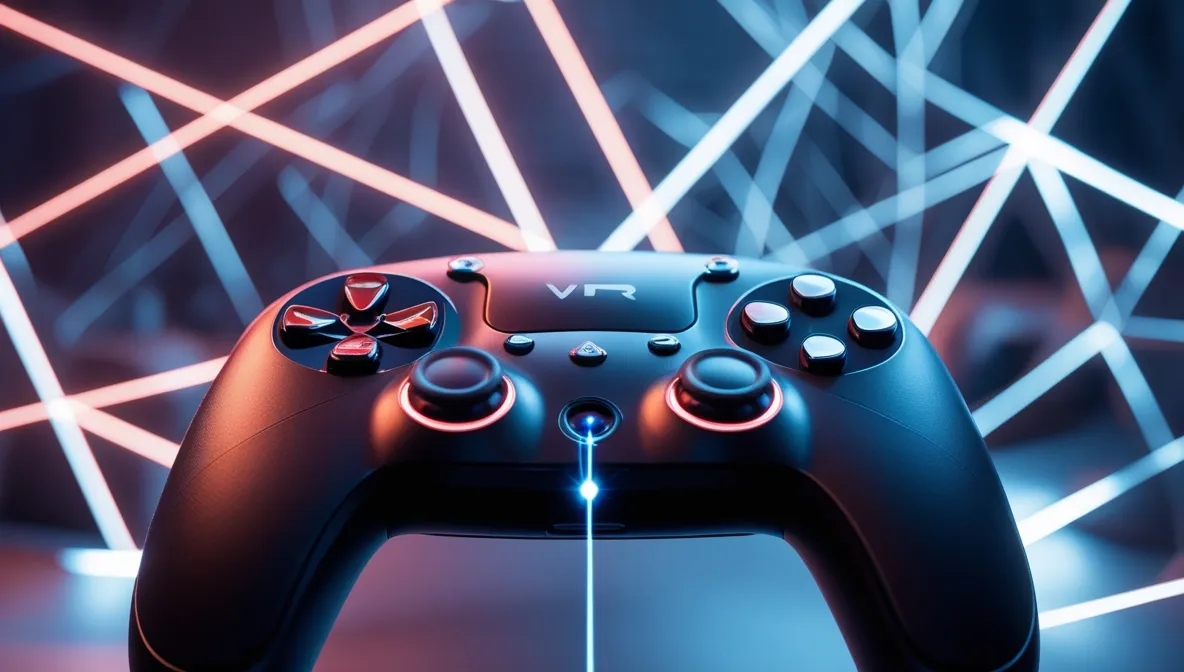
Training a New Generation of Tech Leaders
The VR lab developed by five Podolsk students symbolizes a fundamental transformation in how education, innovation, and national tech security intersect. It challenges the stereotype of students as passive recipients of knowledge. Here, they act as co-authors of real scientific and educational products.
This shift from consumption to creation — from theory to practice — demonstrates how schools can nurture future tech leaders today. If projects like this receive systemic support and scaling, Russia could strengthen its intellectual capital precisely where it begins: in the classroom.




